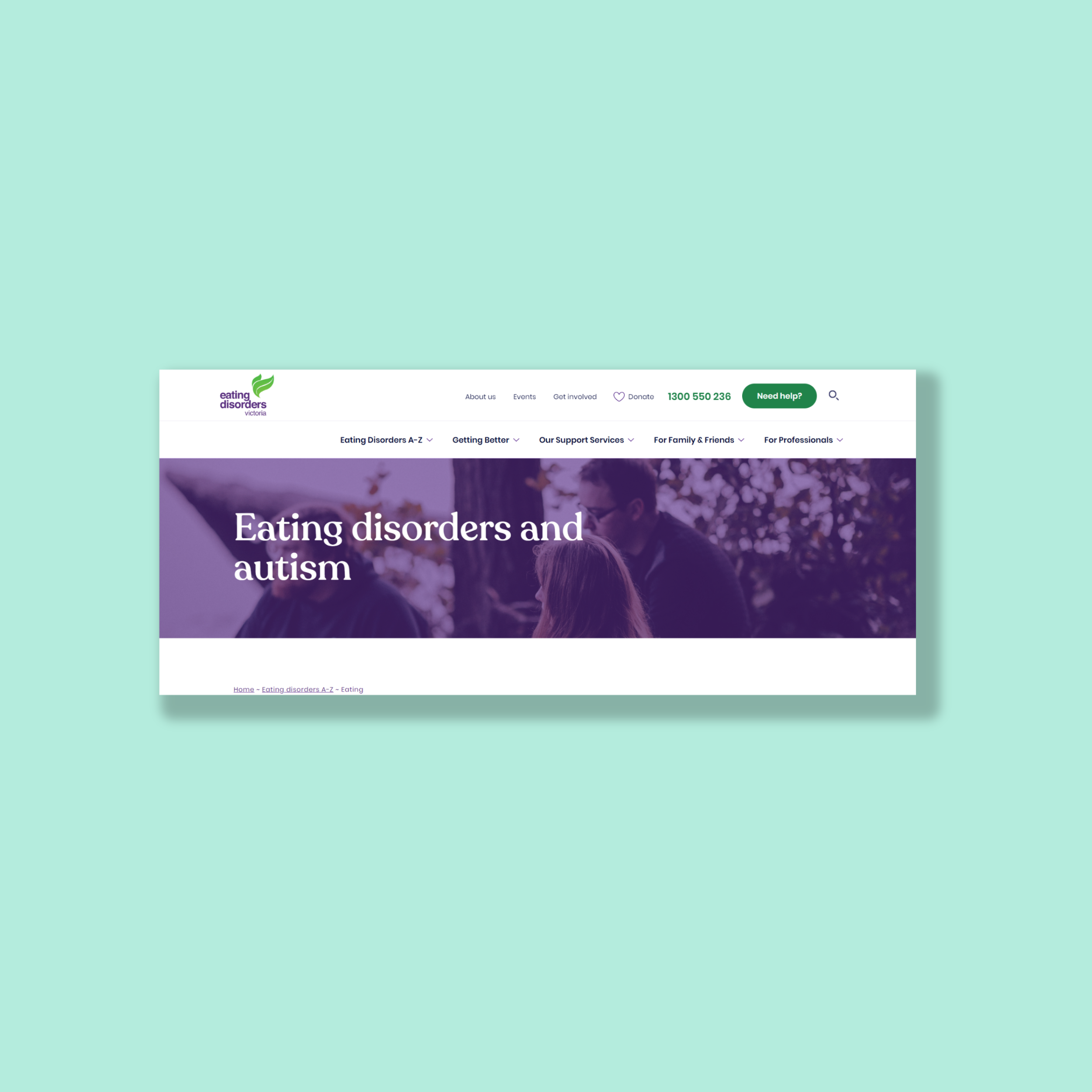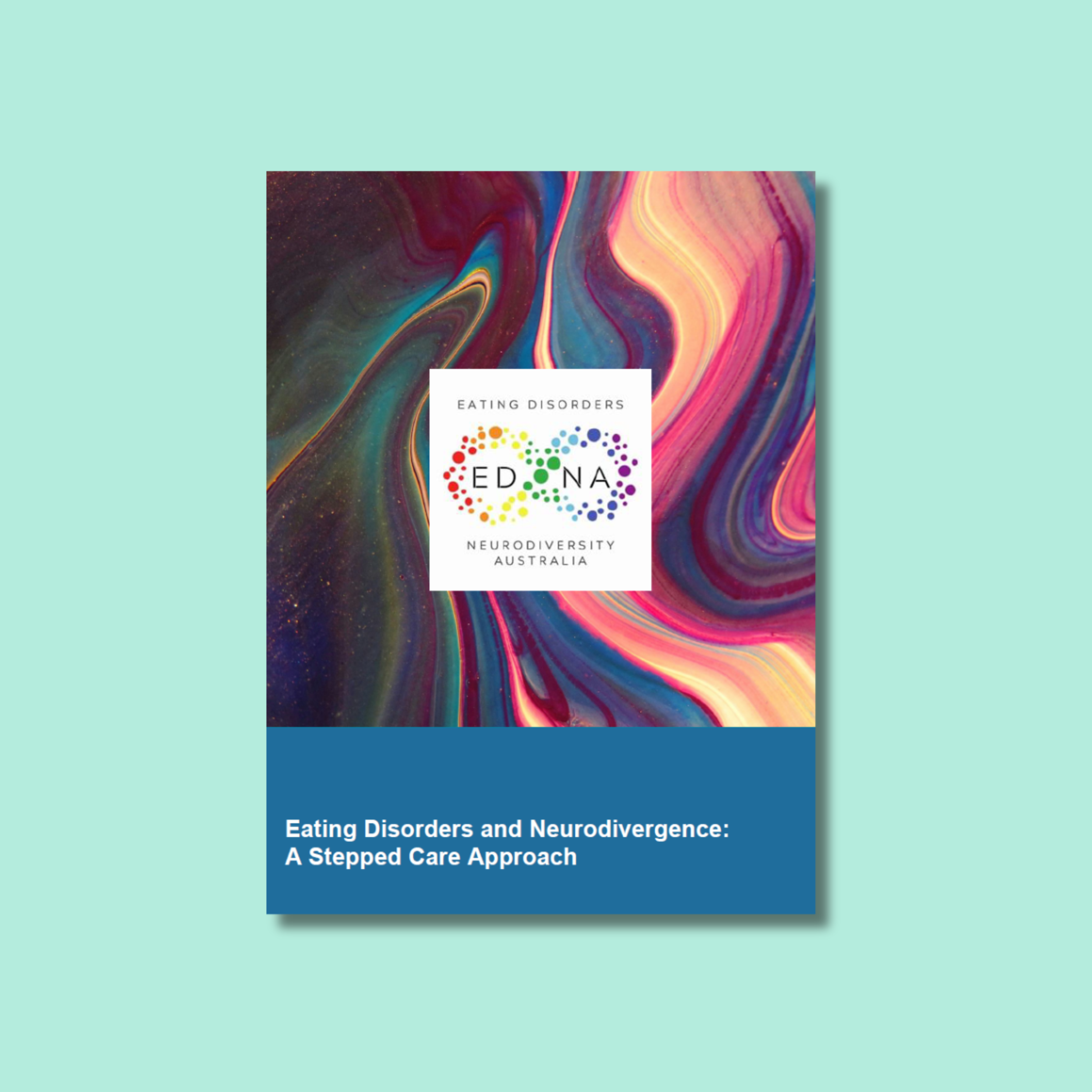
Preferences to Eat Alone: Autistic Adults’ Desire for Freedom of Choice for a Peaceful Space
Park-Cardoso and Silva (2021)
This study explored why many autistic adults prefer to eat alone, despite a desire to socialise. Interviews revealed that social and sensory challenges in shared eating environments often prevent autistic individuals from using coping strategies, leading to discomfort or distress. The findings suggest that autistic people's preference to eat alone reflects a need for autonomy and comfort, not a social deficit, and call for more inclusive dining environments rather than attempts to "fix" solitary behavior.
Preferences to Eat Alone: Autistic Adults’ Desire for Freedom of Choice for a Peaceful Space
Park-Cardoso and Silva (2021)
This study explored why many autistic adults prefer to eat alone, despite a desire to socialise. Interviews revealed that social and sensory challenges in shared eating environments often prevent autistic individuals from using coping strategies, leading to discomfort or distress. The findings suggest that autistic people's preference to eat alone reflects a need for autonomy and comfort, not a social deficit, and call for more inclusive dining environments rather than attempts to "fix" solitary behavior.






